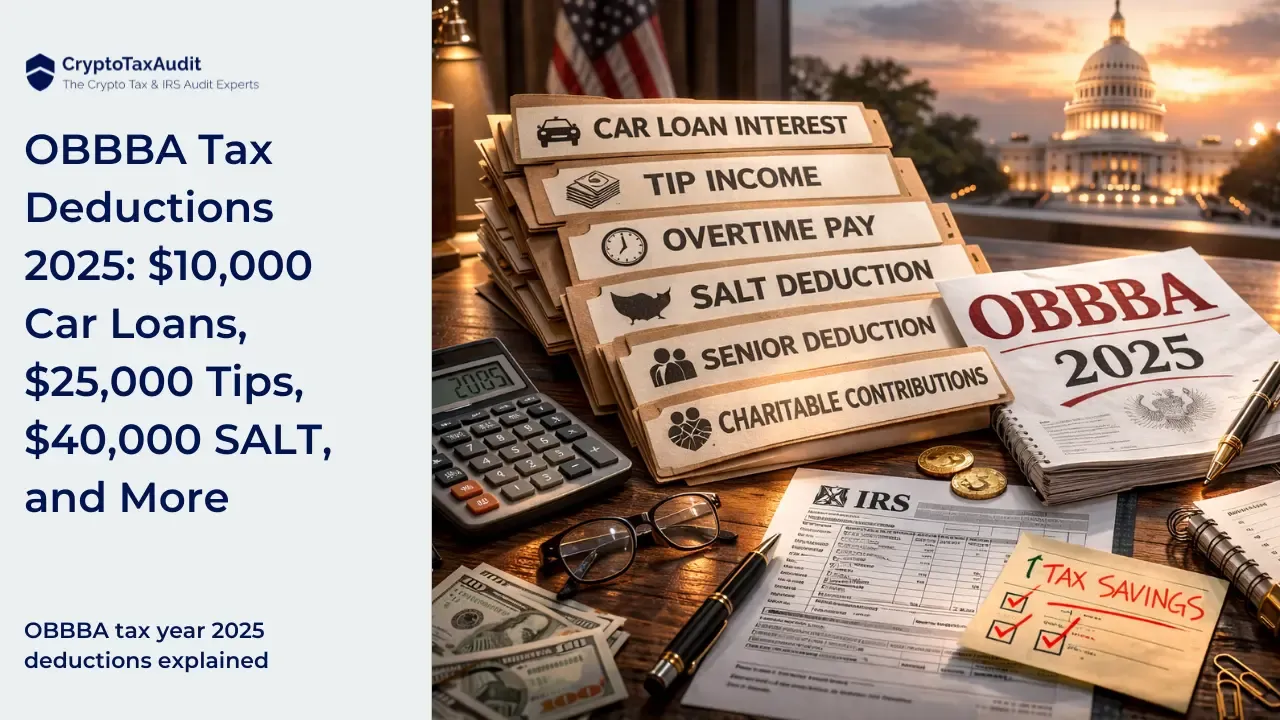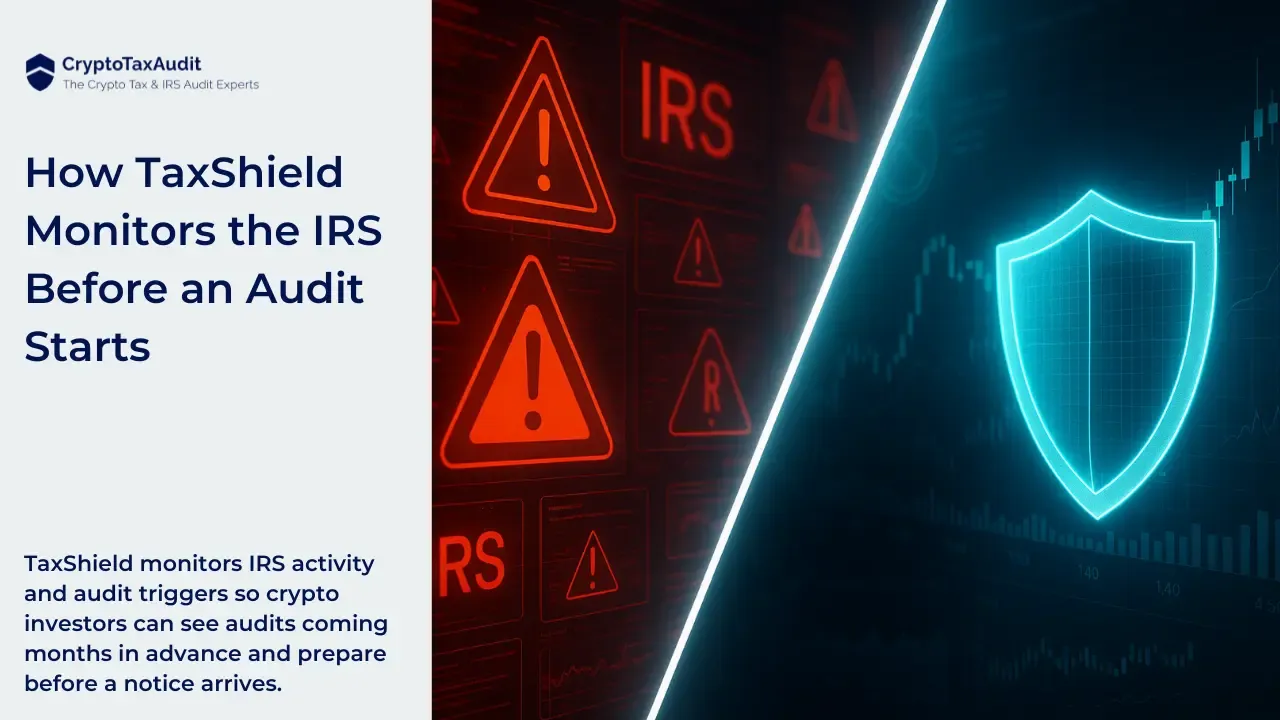Inflation Reduction Act - Individual Credits
Jan 01, 2023Energy Efficient Home - Improvement Credit
The Inflation Reduction Act renamed the Nonbusiness Energy Property Credit as the Energy Efficient Home Improvement Credit and extended the credit through the end of the 2032 tax year.
The credit is equal to 30% of the sum of the amount paid or incurred by you during the year for:
- Installed qualified energy efficiency improvements,
- Residential energy property expenditures, and
- Home energy audits.
Lifetime limitations. The following annual limitations apply.
- The combined credit for all energy efficient home improvements is limited to $1,200 per year, except for (5) below.
- The credit for residential energy property expenditures is limited to $600 per year.
- The credit for windows is limited to $600 in the aggregate for all exterior windows and skylights.
- The credit for doors is limited to $250 per year for any exterior door, and $500 in the aggregate for all exterior doors.
- Notwithstanding (1) and (2) above, the credit allowed for heat pumps and heat pump water heaters, biomass stoves and boilers is limited to $2,000 per year.
- The credit for energy audits is limited to $150 per year.
Qualified energy efficiency improvements. Qualified energy efficiency improvements include energy efficient insulation, exterior windows, skylights, and exterior doors that meet various energy standard requirements. Roofs have been removed from the definition of building envelope components, but air sealing insulation which reduces heat loss or heat gain of a dwelling unit has been added.
Residential energy property expenditures. Residential energy property expenditures include any of the following that meet or exceed certain high efficiency standards made to any dwelling unit used by you as a residence. The home must be located in the United States. Expenditures include the cost for labor for onsite preparation, assembly, and installation.
- Electric or natural gas heat pump water heater,
- Electric or natural gas heat pump,
- Central air conditioner,
- Natural gas, propane, or oil water heater,
- Natural gas, propane, or oil furnace or hot water boiler,
- Biomass stove or boiler which uses the burning of biomass fuel to heat a dwelling unit or to heat water for a dwelling unit,
- Oil furnace or hot water boiler, and
- Improvements to, or replacement of a panel-board, sub-panel-board, branch circuits, or feeders with a load capacity of not less than 200 amps which is installed in conjunction with an energy efficiency improvement or qualified energy property.
Home energy audit. A home energy audit means an inspection and written report with respect to a dwelling unit used by you as your principal residence that identifies the most significant and cost-effective energy efficiency improvements, including an estimate of the energy and cost savings with respect to each improvement. The home energy auditor must meet certain certification requirements as established by the IRS.
Residential Clean Energy Credit
The Inflation Reduction Act renamed the Residential Energy Efficient Property Credit as the Residential Clean Energy Credit and extended the credit through the end of the 2034 tax year.
The credit equals the sum of the applicable percentages that are made by you during the year of qualified:
- Solar electric property expenditures,
- Solar water heating property expenditures,
- Fuel cell property expenditures,
- Small wind energy property expenditures,
- Geothermal heat pump property expenditures, and
- Battery storage technology expenditures.
Applicable percentage. The applicable percentage means:
- 30% for property placed in service after December 31, 2021, and before January 1, 2033,
- 26% for property placed in service after December 31, 2032, and before January 1, 2034,
- 22% for property placed in service after December 31, 2033, and before January 1, 2035.
Clean Vehicle Credit
The Inflation Reduction Act renamed the New Qualified Plug-In Electric Drive Motor Vehicle Credit the Clean Vehicle Credit. The credit is not phased out based on manufacturer sales but expires for all vehicles placed in service after December 31, 2032. Effective for vehicles placed in service after December 31, 2022, a maximum $7,500 credit applies, but is broken out into two components.
- A $3,750 credit when the vehicle satisfies the critical minerals requirements, plus
- A $3,750 credit when the vehicle satisfies the battery components requirement.
No credit is allowed if modified adjusted gross income for the tax year or the preceding tax year exceeds:
- $300,000 MFJ or QSS.
- $225,000 HOH.
- $150,000 Single or MFS.
No credit is allowed if the manufacturer’s suggested retail price exceeds $55,000 ($80,000 for a van, SUV, or pickup truck).
The final assembly of the vehicle must occur in North America. The Department of Energy has provided a list of electric vehicles that may meet the final assembly requirement.
https://afdc.energy.gov/laws/electric-vehicles-for-tax-credit
Previously-Owned Clean Vehicles Credit
The Inflation Reduction Act created a new credit for qualified buyers who place in service a previously-owned clean vehicle. The credit expires for any vehicle acquired after December 31, 2032.
The credit equals the lesser of:
- $4,000, or
- 30% of the sale price of the vehicle.
No credit is allowed if modified adjusted gross income for the tax year or the preceding tax year exceeds:
- $150,000 MFJ or QSS.
- $112,500 HOH.
- $75,000 Single or MFS.
Previously-owned clean vehicle. A previously-owned clean vehicle means a motor vehicle:
- With a model year at least 2-years earlier than the calendar year in which you acquire the vehicle,
- The original use starts with a person other than you,
- Which is acquired by you in a qualified sale, and
- Which –
– Meets the qualifications of the Clean Vehicle Credit, or
– Satisfies the requirements as a qualified fuel cell clean vehicle and has a GVW rating of less than 14,000 pounds.
Qualified sale. A qualified sale is the sale of a motor vehicle:
- By a qualified dealer,
- For a sale price that does not exceed $25,000, and
- Which is the first transfer of the vehicle (other than the original owner) since August 16, 2022.
Copyright © 2024 Tax Materials, Inc.
All Rights Reserved





